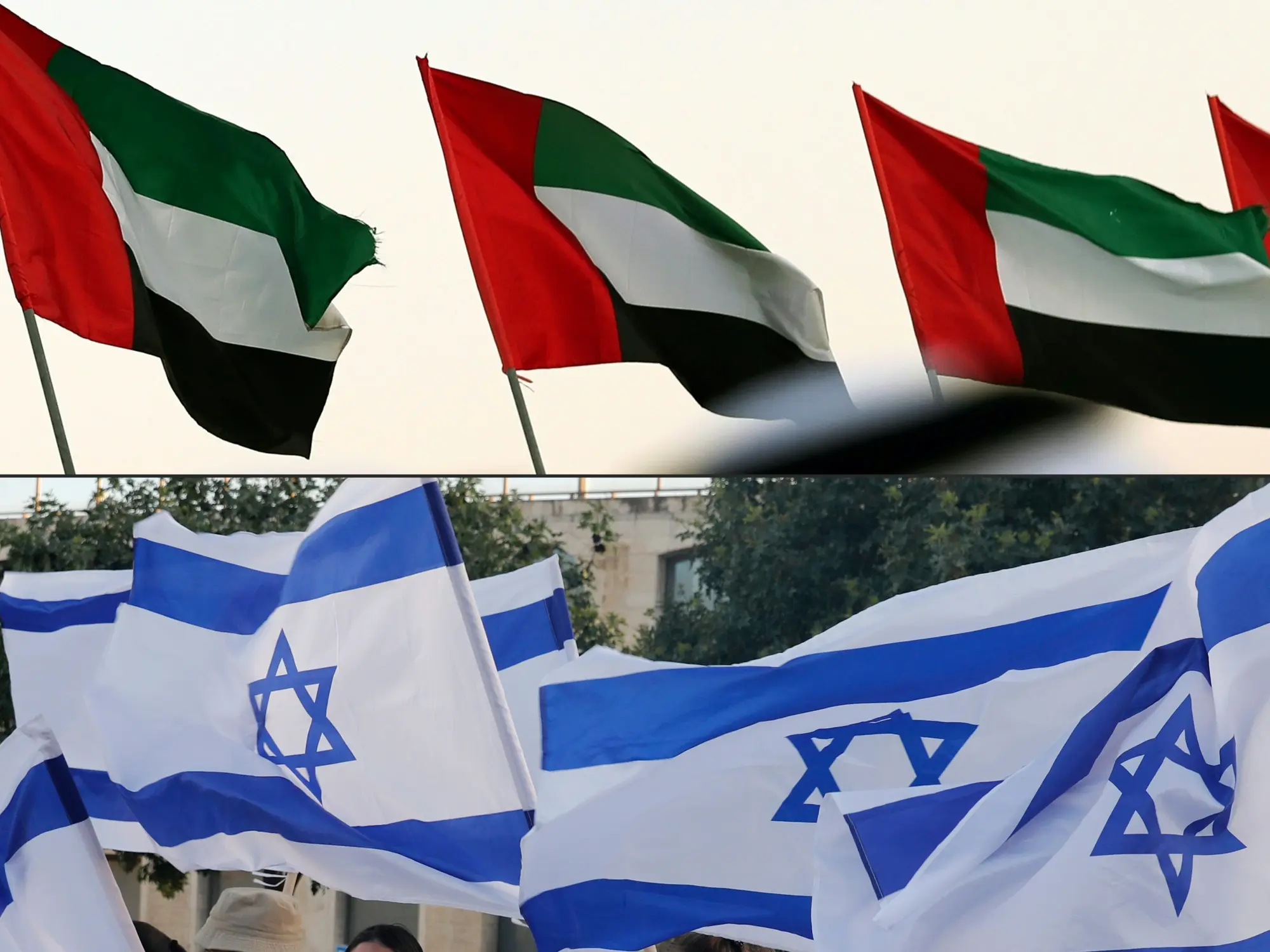September 25, 2025
The UAE is considering downgrading its diplomatic ties with Israel if West Bank annexation plans move forward, raising tensions in regional diplomacy.

The United Arab Emirates is weighing the possibility of downgrading its diplomatic relationship with Israel if the latter proceeds with controversial plans to annex parts of the occupied West Bank, according to sources familiar with the matter. The potential shift in policy underscores the fragile balance underpinning the Abraham Accords and highlights the broader geopolitical stakes in the Middle East.
The warning comes amid heightened concern within the UAE leadership that unilateral annexation by Israel would not only undermine peace prospects but also risk destabilizing regional alliances painstakingly built in recent years. Senior Emirati officials, speaking on condition of anonymity, indicated that annexation would be viewed as a direct violation of international law and a breach of trust that underpinned normalization agreements signed in 2020.
Diplomatic observers note that such a move by the UAE would mark the most serious setback in bilateral relations since the Abraham Accords were established. While the accords ushered in unprecedented cooperation in trade, investment, technology, and tourism, they were also premised on the understanding that Israel would refrain from provocative steps that jeopardize the two-state solution.
For the UAE, which has positioned itself as a mediator and bridge-builder in the region, Israel’s annexation of West Bank territory would fundamentally erode its credibility as a partner in peace. Analysts argue that downgrading diplomatic ties would be a measured but symbolic response—signaling disapproval without completely severing relations. This could involve recalling ambassadors, reducing joint initiatives, or scaling back bilateral agreements.
International reaction to the possibility of annexation has been increasingly critical. The European Union, United Nations, and several Arab states have warned that annexation would violate international norms and exacerbate an already volatile situation. Within the United States, political divisions are evident, with some lawmakers urging restraint and others expressing strong support for Israel’s plans.
For Israel, annexation would likely strain not only its relationship with the UAE but also broader regional normalization efforts. Other Arab states considering diplomatic engagement with Israel may reconsider their positions if annexation proceeds, fearing backlash from domestic and regional constituencies.
Economically, the potential downgrading of ties could disrupt the growing trade and investment flows between the UAE and Israel, which had surged following the signing of the accords. Sectors such as energy, finance, and technology—once hailed as symbols of the partnership’s success—could face uncertainty.
Human rights groups and Palestinian advocates welcomed reports of the UAE’s potential response, arguing that regional actors must take stronger stances to deter actions that undermine Palestinian rights and prospects for statehood. They contend that symbolic diplomatic pressure from key Arab states could create meaningful leverage on Israel’s policy choices.
Still, the path forward remains uncertain. Israeli leaders have defended annexation as a matter of national security and historical right, while Emirati officials are seeking to balance international alliances, domestic opinion, and regional stability. Whether diplomatic pressure from the UAE and its allies will be sufficient to alter Israel’s course is unclear.
What is clear, however, is that the issue of annexation has reignited debate over the sustainability of normalization agreements in the Middle East. The UAE’s stance may serve as a bellwether for how other Arab states will navigate the delicate interplay of diplomacy, public opinion, and strategic interests in the years ahead.